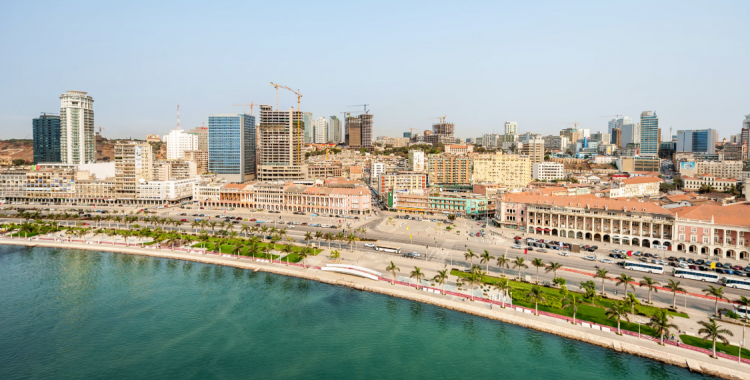These include abuses by the security forces, including extrajudicial killings and violence against women, highlighted among the cases of human rights violations in the report released by the US administration this Wednesday for 2019.
The State Department points out that civilian authorities maintain effective control over the armed forces and police, considered "efficient" but sometimes brutal in maintaining stability, reporting arbitrary deaths and arrests as well as the existence of political prisoners.
Among the problems identified are crimes of violence against women and children, for which "the government has taken little action to punish", but also pressures on refugees and cases of corruption, despite significant measures to end the impunity of high-level officials.
"The impunity of the authorities and the uniform application of anti-corruption legislation remain a serious problem", the paper stresses.
Other problem areas are trafficking in persons and crimes against LGBT (Lesbian, Gay, Bisexual and Transgender) people, despite legislation passed by the National Assembly last year to prohibit discrimination.
The government led by João Lourenço "has taken significant steps to hold those responsible for the abuses accountable and punish".
It has also "fired and prosecuted ministers, provincial governors and senior military officials and others responsible for financial crimes and corruption", the report said.
However, increased accountability "was limited due to the government's lack of institutional capacity, culture of impunity and corruption".
Among the cases analysed in the report are the attack on a group of miners in Lunda Norte by a private security company on 22 August, which culminated in the death of one man, as well as extrajudicial killings allegedly perpetrated by agents of the Criminal Investigation Service (SIC), sometimes in coordination with the National Police, to combat crime.
There are also reports of beatings at police stations and some violent interventions in demonstrations against the government. The Angolan authorities counter that these are agitators trying to create "instability" by organising these protests.
According to several civil society organisations, the police arbitrarily arrested people who participated or wanted to participate in the demonstrations and although they released them a few hours later, some were subject to criminal charges.
The report also addresses the case of the arrest of 64 activists of the Independence Movement in Cabinda on 28 and 29 January. The activists were detained for several months without trial.







